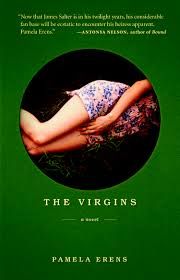
All eyes are on Aviva Rossner as she arrives at the prestigious Auburn Academy in the late 1970s exuding glamour and youthful sexuality. Bruce Bennett-Jones is mortified when she snubs his feeble advances and takes up with the unlikely Seung Jung. The couple flaunt their relationship, evoking the envy and fascination of their classmates and irritation among their teachers: this is a fictional school where rules may be broken but not in such a blatant manner. But underneath the veneer of almost-adult confidence, the pair are struggling. Aviva, in love with being loved, is terrified of the loss of control that could come with indulging her appetites; Seung, gentle and caring, can’t understand her reluctance to join him in his experiments with drugs. But it’s sex that proves their downfall: as every fumbling attempt ends in failure, they blame themselves, and the stakes are heightened for their next encounter.

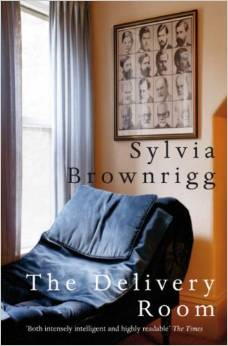
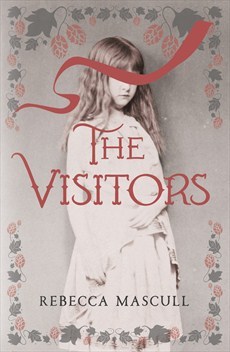
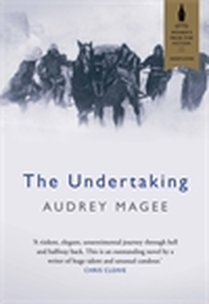


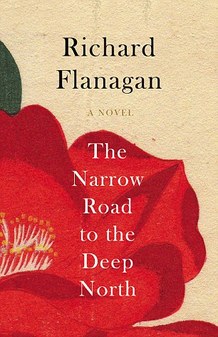





















 RSS Feed
RSS Feed





















